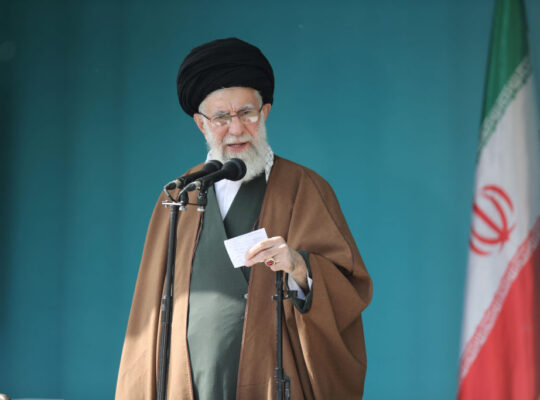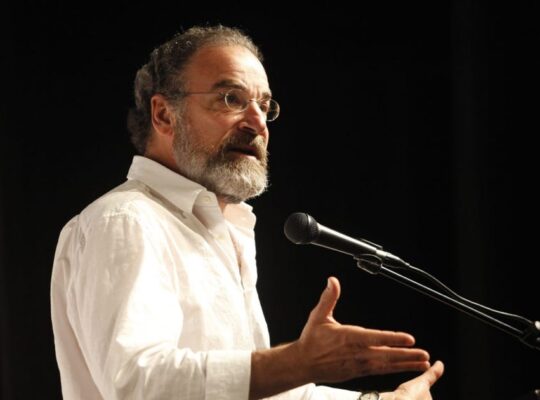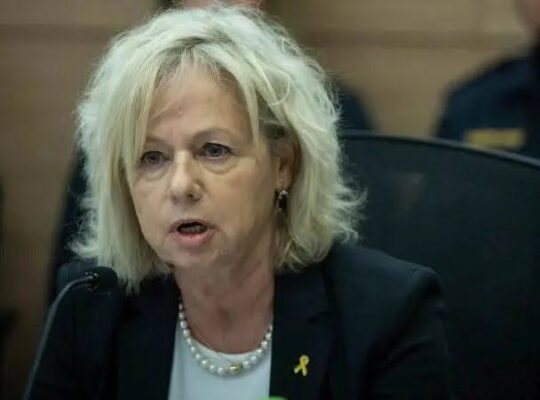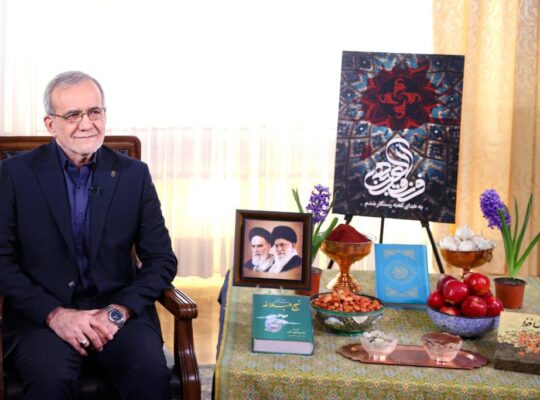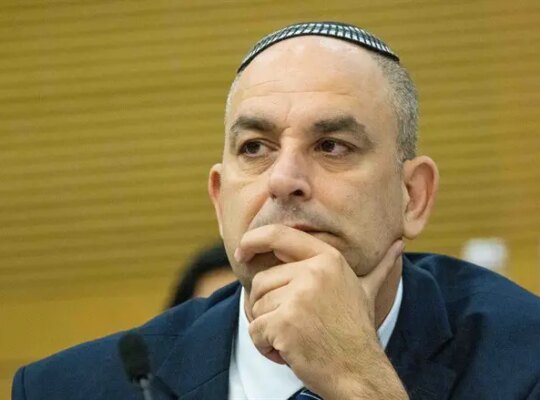For a decade, the Jewish Fertility Foundation has helped families navigate the financial maze of fertility treatments. Now, as government workers clean out their desks across D.C., under the Department of Government Efficiency (DOGE) overseen by President Trump’s advisor Elon Musk, fertility treatments have become the hidden casualty of his budget cuts.
Last January and February, JFF dispensed $9,000 in IVF grants. This year, that figure jumped to $32,000 for the same time period. The foundation’s Washington office wasn’t prepared for this surge. Still new to the area and lacking a dedicated manager to conduct outreach, they’ve found themselves overwhelmed with applications as federal cuts ripple through the region.
“We’re seeing unprecedented demand in D.C.,” JFF Director Sarah Shah tells eJewishPhilanthropy. “I’ve read hundreds of personal statements now. People are referencing the fact that they were laid off, or that they think they’re going to get laid off, or that they’re concerned about their job because of their current climate.”
“Many of the individuals that are facing infertility, maybe they were financially prepared for treatment. The unexpected job losses have suddenly put their family building plans at risk.”
Legal battles over IVF, particularly in states like Alabama where frozen embryos were ruled to be “children” under state law last February, have further complicated the landscape.
While not an advocacy organization by design, JFF has responded to these challenges by partnering with the National Council of Jewish Women to help women access treatment across state lines when necessary. They are also expediting grant reviews and organizing pop-up support groups specifically for those affected by the federal layoffs.
Beth Linas experienced this crisis firsthand and like so many other Jewish women has turned to JFF for guidance. As an infectious disease epidemiologist working in Washington, she was midway through her IVF treatments when she learned her research nonprofit, heavily dependent on federal funding, was cutting 150 jobs. Hours later, Linas discovered she was among them.
“The first thing I said was, I will be OK without a job, but I’m in the middle of IVF, and I need my health insurance,” she tells eJewishPhilanthropy.
Her health coverage would expire at the end of the month and nowhere near enough time to complete her fertility process. Still awaiting her grant decision, Linas found interim help through her rabbi, who tapped discretionary funds to keep her treatments going.
“It just sort of makes me even more proud to be a Jew,” she said. “It makes me really glad that I have a community that’s around me. That even if they don’t know me, they will embrace me… I think that’s special.”
Photo Credit: Noam Chen/ Israeli Ministry of Tourism.
Source link







